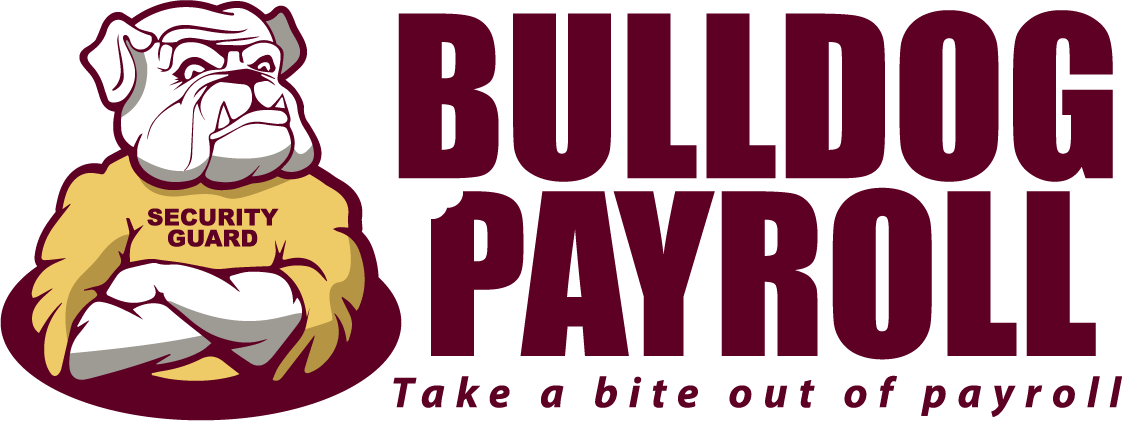How Much Do Payroll Services Cost?
Payroll is one of the most stressful and time-consuming activities companies face each month. It can also be very costly when you factor in the salaries of the payroll accountant, their supervisor and the payroll software they must use. This is why many companies end up outsourcing their payroll services.
You may also want to do so but can’t decide due to confusion around what payroll services cost. The truth is, there isn’t a straight answer to the question how much do payroll services cost. The cost varies based on the number of employees, services required, number of locations, etc. Keep reading to learn more about how much payroll services cost.
What Is a Payroll Company?
A payroll company is a business that helps other companies compute, pay, and report their employee’s wages and taxes. They can either offer
self-service payroll software or a complete range of payroll services. Payroll services include:
- Collecting timesheets and wage data
- Calculation of gross wages
- Subtracting withholdings
- Paying out employee net pays through checks or direct deposits
- Printing and sending out payslips
Whatever your budget, you can find a payroll company to suit your needs.
How Is Payroll Pricing Structured?
Payroll companies have different pricing structures. While some have fixed pricing based on a range of services, others charge clients per frequency of pay or per employee per month.
For the fixed charge, the payroll company will assess how many employees you have and how frequently you pay your employees. They may also look at your state and how complicated it is to compute your payroll. They'll then come up with a fixed price or base fee of anywhere between $25 to $200 per month.
Most payroll companies also have a per employee per month (PERM) fee that they charge based on services provided. This fee ranges anywhere between $2 to $12 per month. Companies with less than 10 employees often pay more per employee than companies with hundreds of employees. This is because payroll companies give a discount to businesses that have more employees.
If you want to run your payroll in-house and only need payroll software, you'll only pay a license fee. This can be a monthly fee, an annual subscription, or a one-time license fee whereby you will only pay for future upgrades.
Some payroll companies also offer custom quotes for each company based on the services required. These companies prefer to discuss with key decision-makers about the payroll services that will best suit a company. They then propose a price for the payroll services that would best suit the company.
Is payroll a thorn in your side? Let us handle all the stress related to payroll so you don't have to...
What Factors Increase the Price of Payroll Services?
Other than the basic fees, payroll services costs can go up if there are some special tasks you need them to do. For instance, you may need tax filing and W-2/1099 and 1095 processing, printing, mailing, and reporting.
Tax reportings can drive your payroll costs up, especially if your company operates in many different states. On average, year-end tax filing costs about $50 per employee but the cost may be higher if you have employees across many states.
Other reports that may drive up your payroll cost are workers’ compensation reporting and affordable care act (ACA) reporting. Companies that have a 401(K) will also need to pay extra for customized file transfers to each employee on the scheme.
Another service that may drive your payroll costs up is payment options. Companies offer employees several payment options like direct deposit, pay cards, and paper checks. The more options you have, the more complicated your payroll becomes─ which drives up your payroll services cost.
If you pay by check and mail them out to employees, you'll need to factor in the cost of check stuffing and sealing as well as courier and delivery charges.
Do Payroll Companies Have Hidden Fees?
Because of the wide range of payroll services on offer, some employers may end up paying for services that they weren’t aware of. It's important to ask any payroll company that you engage to list down all the services they are offering you and their cost. This should be part of your contract with the payroll provider.
The payroll company should also list any extra services they offer and the cost of each. This will allow you to pick and choose extra services whose cost you are aware of.
Do Certified Public Accountants (CPAs) Offer Payroll Solutions?
Many small companies hire CPAs rather than payroll companies to process their payroll. CPAs are trained and
licensed accountants that must adhere to professional accounting standards to maintain their certification.
So, what do you gain from hiring a CPA rather than a general accountant to process payroll? Well, CPAs must complete a bachelor’s degree as well as two years of professional work before they can attain the certification. This assures you that they have the knowledge and experience to process your payroll accurately.
Hiring an accountant that isn't legit may be cheap in the short term but expensive in the long run if they process your payroll incorrectly. They may even get your company into legal problems with the IRS if they file your payroll taxes incorrectly.
The disadvantage of hiring a CPA to do your payroll is that they may get overwhelmed by the task at hand and complete your payroll late. A CPA may also make mistakes while processing your payroll which may cause issues with your employees. This is especially true if the CPA processes your payroll manually rather than through a payroll system.
So hiring a payroll company may be safer than hiring an individual CPA. Payroll companies can dedicate employees to work on your payroll each month so that it is always accurate and on time. Payroll companies also have access to the latest payroll systems and technologies so that they can process payroll quickly and accurately.
Learn How Much Payroll Services Cost For Your Company
Estimating the cost of payroll services can be tricky as companies charge based on your payroll needs. Before you choose a payroll company it's important to know what services you will need from the company. This will enable them to come up with an accurate payroll services cost estimate.
Managers that complain about hidden costs of payroll companies often haven’t been clear about the services they need from a payroll subcontractor. But when we consider the services most companies require we can estimate that for most companies payroll services cost around $25 to $200 per month.
If you're ready to reduce the stress around your payroll processes, schedule a free consultation today to learn how we can help.
Are you looking for more payroll processing information? Check out our
Ultimate Guide to Payroll Processing.
Is payroll a thorn in your side? Let us handle all the stress related to payroll so you don't have to...










